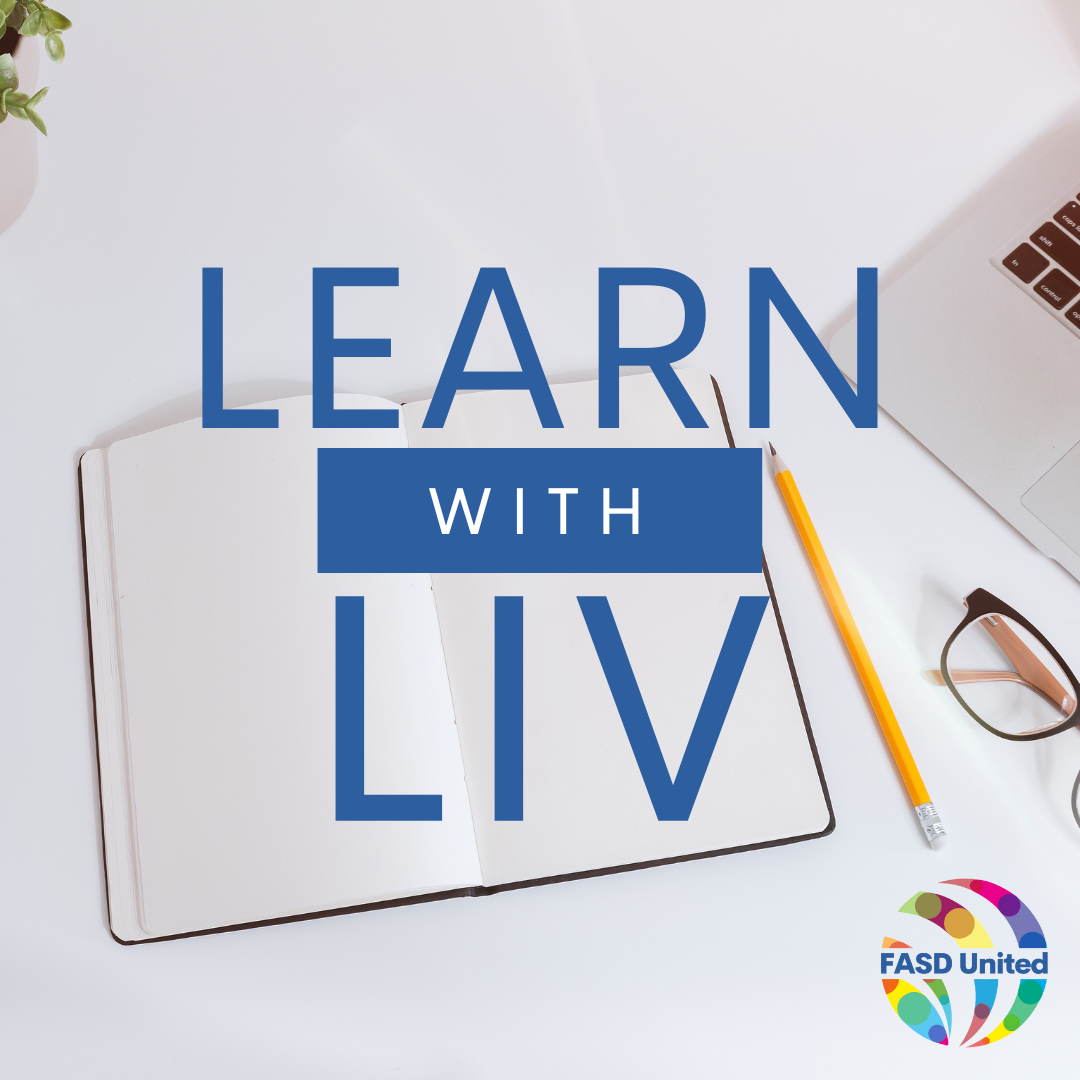Your cart is currently empty!

Learn With Liv: Internship at FASD United
As Liv interns at FASD United, she will share what she is learning and doing to inspire and explore FASD awareness through a public health lens. In her time with our organization, she will have opportunities to experience the roundedness of our programs, aid in important projects, and explore her understanding through reflection.
“Unfortunately, this week was a shorter week at FASD United as I was really sick over the weekend and into the beginning of this week. I am finally feeling like myself again and was so happy to start work again after taking Monday off to rest. Please remember to wash your hands, stay home if you are sick, and practice healthy habits since a lot of illness is going around.
This week, I was able to wrap up the Bills Report project I had been working on for the past few weeks. This project took me a while due to the amount of bills I had to look at, which ended up being 99. However, I enjoyed looking into the different states’ laws and legislation and the language they use for FASD. It was interesting to see the variation between different states. Some states barely mentioned FASD in their bills, while others really prioritize FASD awareness and advocacy. Some of the bills that I really appreciated were Washington State’s Bills, which allocated $500,000 for FASD support networks and organizations. I have found that financial resources are the biggest indicator of progress in public health initiatives. When states grant adequate funding, it allows comprehensive strategies to be implemented successfully, awareness campaigns to be widespread, while also empowering stakeholders to collaborate effectively with each other.
When policymakers invest in FASD initiatives and advocacy, they don’t just have short-term benefits, but they also have long-term benefits. Increased funding means the facilitation of ongoing research and capacity-building efforts can allocate support for individuals with FASD. It also means promoting a healthier and more inclusive society where the needs of vulnerable populations are adequately met. Funding is something that I have a love-hate relationship with in public health. Funding has allowed for so many amazing advancements, but it also means that issues that are not funded enough do not receive the right amount of attention and may be overlooked due to their lack of financial support. I hope policymakers will become increasingly educated on FASD and realize that this issue should have funding in every state. This week, I also worked on finding some local organizations and businesses that would be interested in working with us for future events. I have a lot of fun looking at places in the DC area, and I hope they want to celebrate and collaborate with FASD United on some exciting things.
I hope everyone had a wonderful week. Thank you for reading.”
Reflection from 4/8 to 4/12 2024
